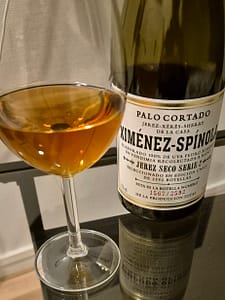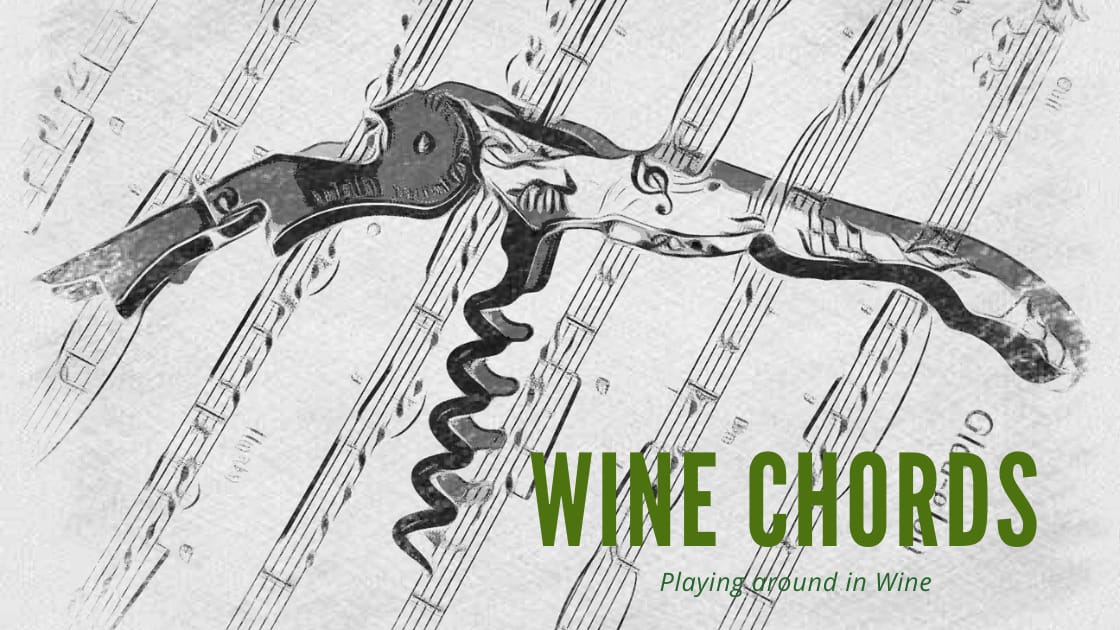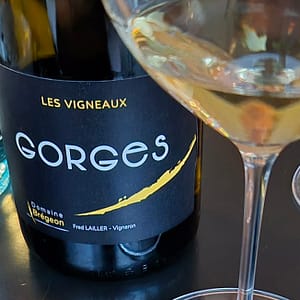This wine was served in a panel tasting of dry sherries for Vinforum magazine.
Bodegas Ximénez-Spínola has since 1729 built its reputation on a single grape variety, namely pedro ximénez, that has always found itself in the shadow of palomino. The current proprietor is José Antonio Zarzana.
Their vineyards between the towns of Jerez, Sanlúcar de Barrameda and El Puerto de Santa María have chalky chalky albariza soils and are worked organically.
The wine is put together from single vintage casks from 2009, ’13, ’15 and ’19, blended together in 9 new barrels, matured for a year and then bottled. Fermentation was in French oak with wild yeasts, followed by ageing in American oak with some casks developing flor, whilst some not, giving complexity from both biological and oxidative ageing. There has been no fortification. Still it carries the DO Jerez-Xérès-Sherry, thanks to the new regulations from 2022. Alcoholic fermentation brought it up to15%, then an oxidative ageing and evaporation, resulted in a final 17%.

Palo Cortado Jerez Seco Serie 2 (Ximénez-Spínola)
Beautiful amber colour. Smells of apricot, candied fruits, and lightly fried onions. It’s full and glyceric, in a way fruity, with a saline touch, grapey, long with a nutty finish, and with perfectly integrated alcohol. A complex and generous wine, with lots of personality. Truly memorable.
Price: High
Leave a Comment



